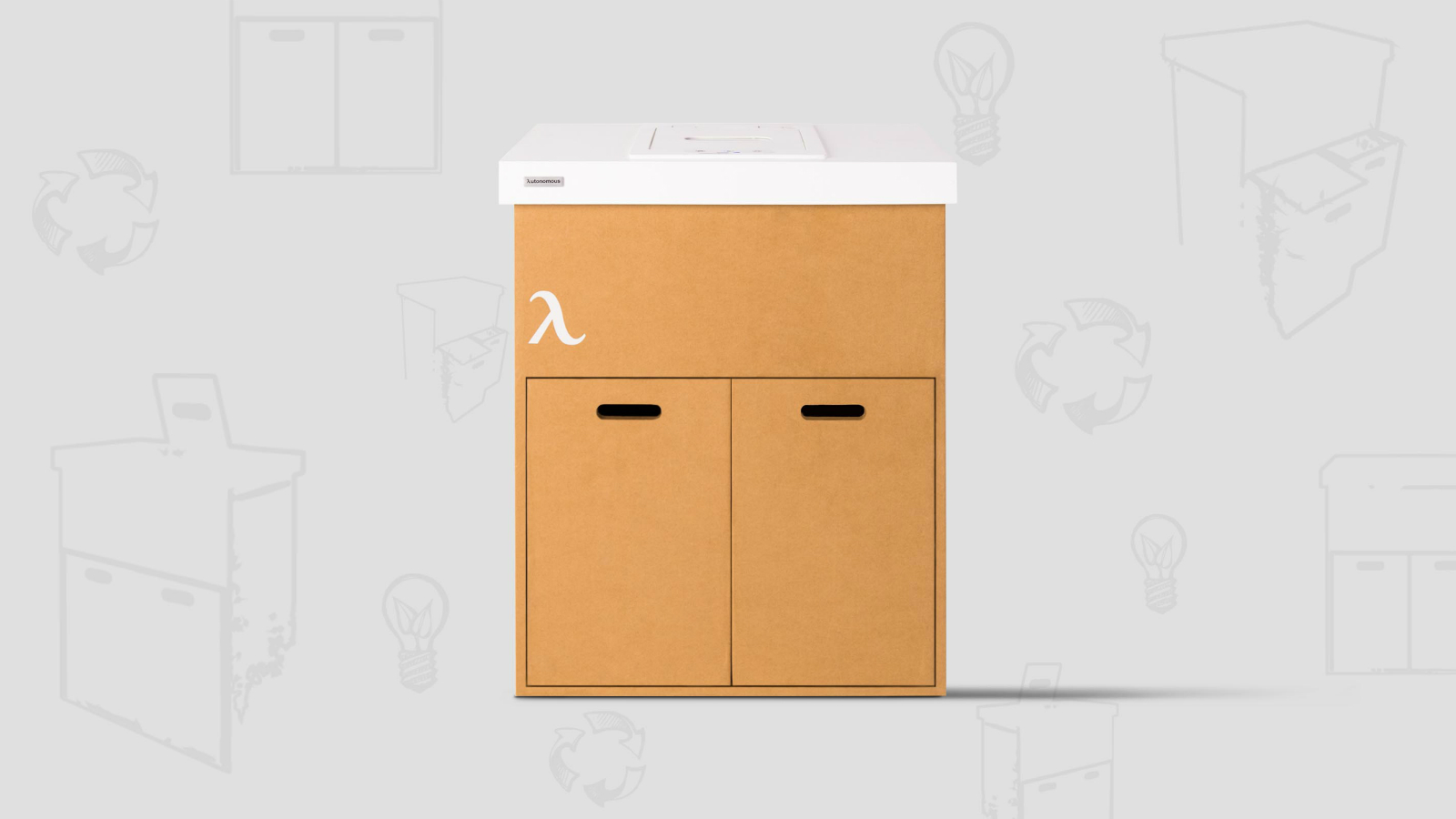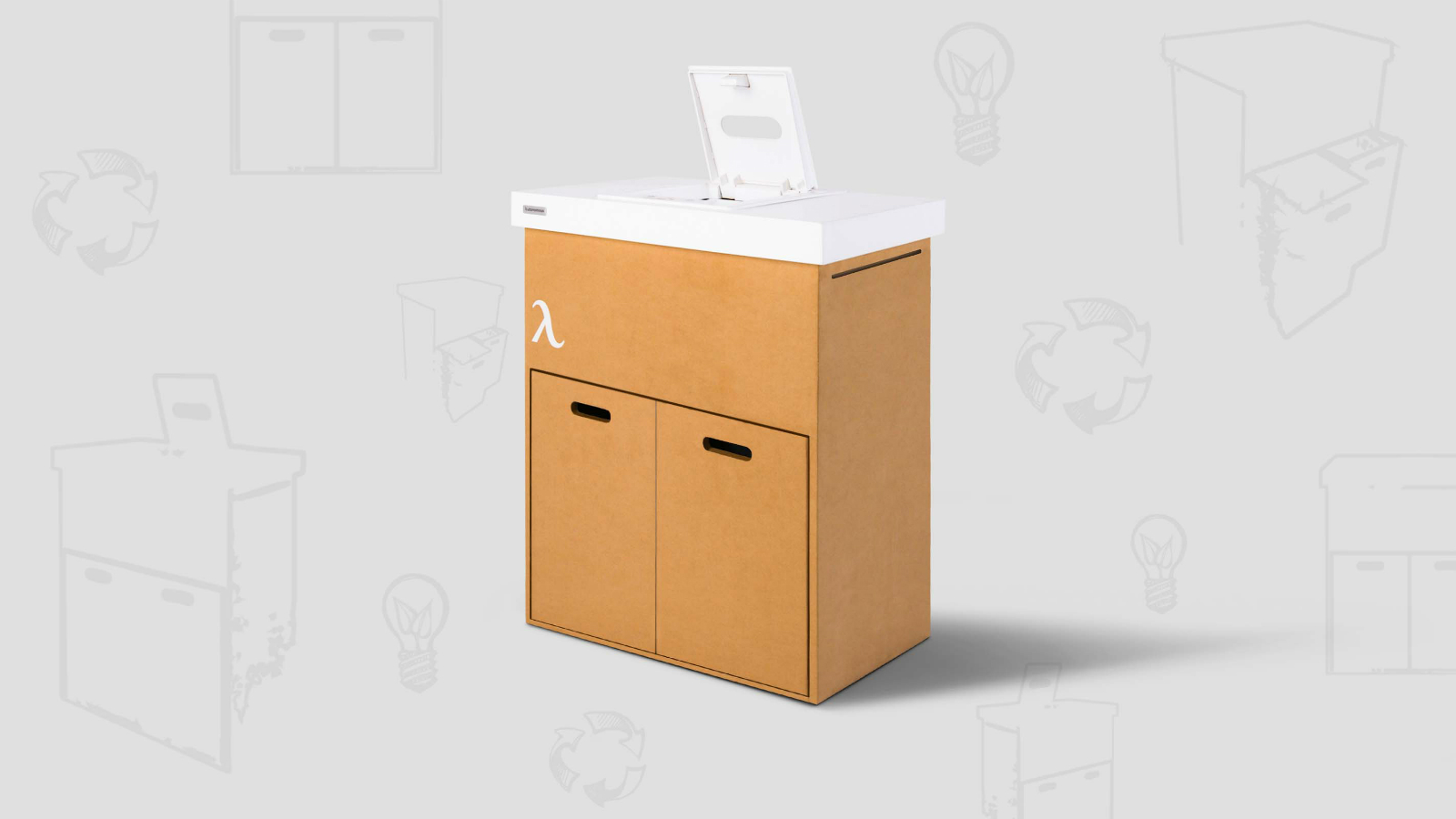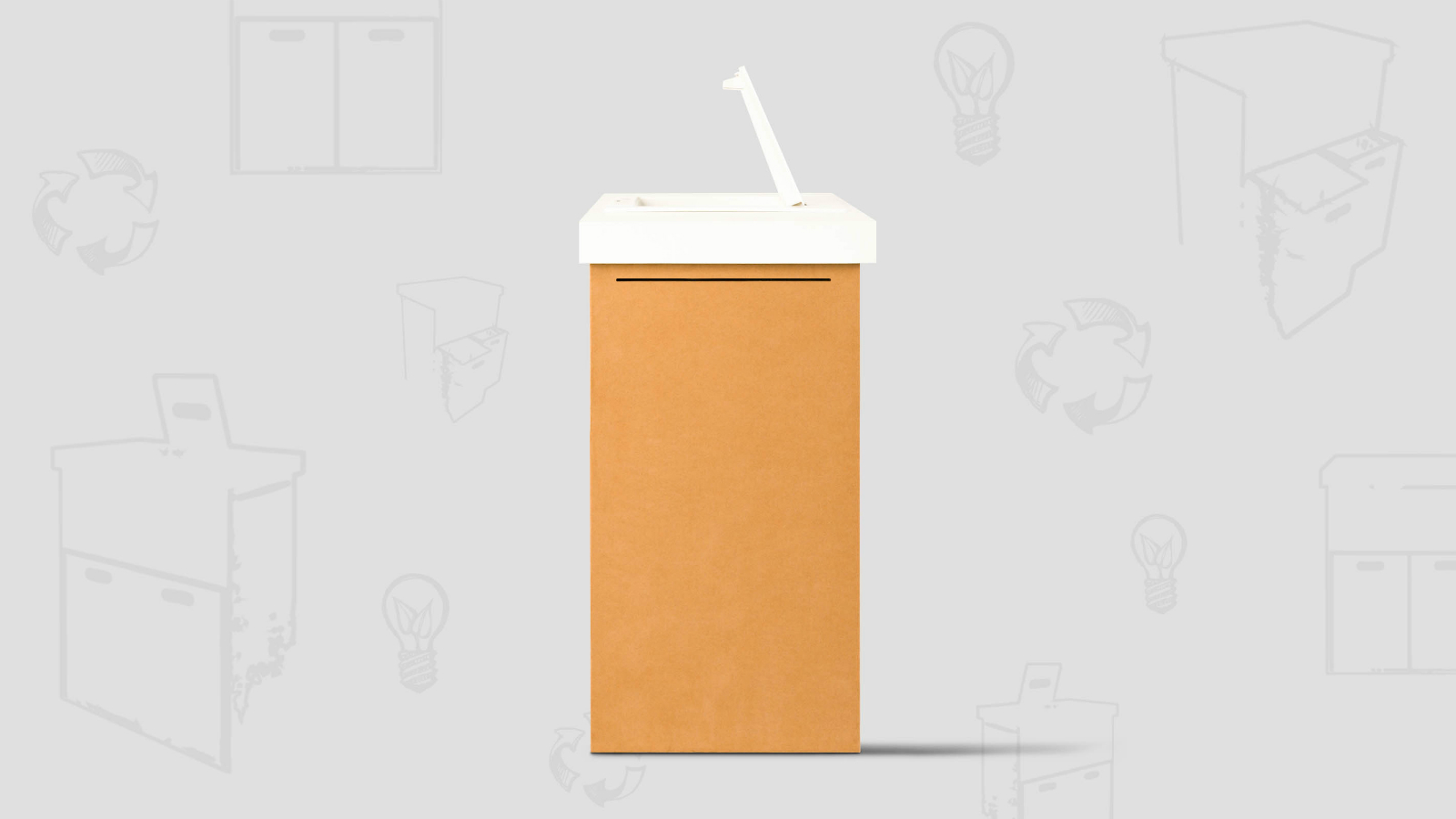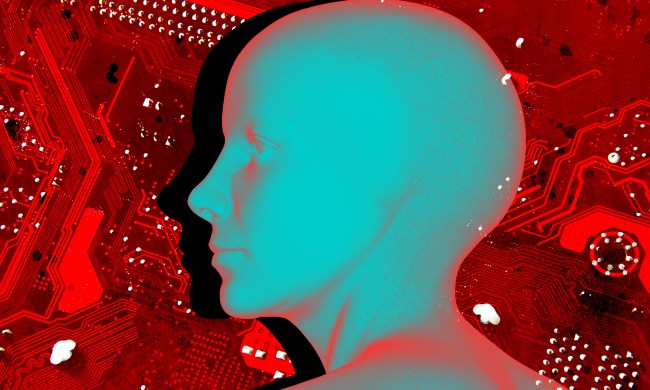Confused by which items in your trash are recyclable? Oscar the artificial intelligence garbage bin can do the sorting for you — at least that’s the claim by Autonomous, the ergonomic office and gaming furniture company behind Oscar.
If you are intrigued by a smart device that will help sort your garbage, Autonomous plans to a Kickstarter crowdfunding campaign for Oscar starting July 17.

According to Autonomous, when you drop an item of trash in Oscar’s recognition and sorting mechanism an image-recognition camera detects whether or not it is recyclable.
Oscar drops anything it deems recyclable in one of two cardboard bins. If Oscar recognizes a piece of trash as non-recyclable, it dumps it into the second bin.
If Oscar’s machine learning algorithm doesn’t recognize an item, an LED blinks red to prompt the user to help by “teaching” the item’s classification. Any time a user teaches Oscar about a new item, that information is stored in an A.I. server in the cloud and shared with all other Oscar units.
More self-teaching smart home appliances
- Smart home camera recognizes your dog
- Alexa finds the skills you need
- Is this power plug smarter than your cat?
According to Autonomous, about one in four items people place in recycling bins are not recyclable, which strains and contaminates the recycling system. Autonomous created Oscar to help the environment and to give owners the convenience of automated recyclable sorting as well as the chance to help the cause by participating in the training process.
Oscar requires an AC outlet and an internet connection to access the global algorithm. If there’s no Wi-Fi, the unit won’t work even with garbage it recognizes.
The aluminum A.I.-powered sorter, which Autonomous calls “Oscar’s classifying capsule,” is a one-time purchase. The cardboard body and bins will eventually need replacement at as-yet unpublished prices.
Owners are expected to use trash bags in each of Oscar’s 1,000-ounce bins (about 7.8 gallons). Autonomous also recommends wiping out the bins every time you remove the trash bags.
Oscar is the company’s first artificial intelligence product. Autonomous primarily focuses on ergonomics office furniture with a current product list that includes electric sit-stand desks, office chairs and stools, and gaming desks.
Oscar will have a $1,000 list price. A preliminary announcement on the company website states the first 50 super early bird backers who contribute $349 will receive an Oscar for 65 percent off as a reward if the campaign is successful.







